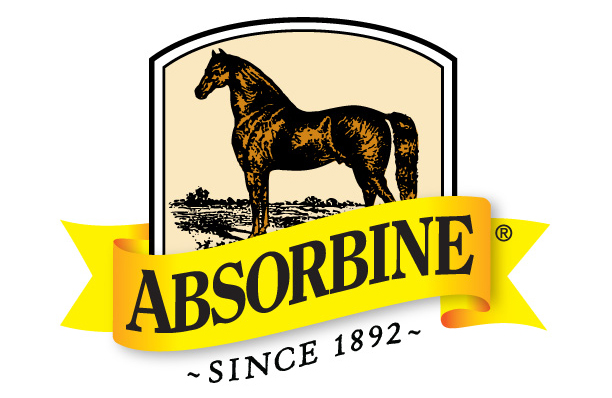Is it Farm Bill Time?
Maybe. We see signs of life as the House Agricultural Chair and Ranking Members publicly spar over funding issues for the 2023 Farm Bill.
AHC can’t conjure up more budget dollars. Still, we can and do focus attention on the need to fully fund animal health and welfare programs along with our request for a comprehensive census of the equine population in the United States. Bolstering our argument for resources are the data from AHC’s recently released 2023 Economic Impact Study of the U.S. Horse Industry that shows a total value added economic impact of $177 billion!
Background: The flashpoint is how much to allocate for nutrition and climate-associated farm programs. House Agriculture Committee Chair, Representative ‘GT’ Thompson (R-PA-15), made his position clear in a recent Op/Ed with Agri-Pulse, a Washington, D.C. news platform, that he wishes to re-program conservation money set aside in the Inflation Reduction Act to pay for part of the Farm Bill. Democrats on the Agriculture Committee are responding with a hard “NO,” releasing a memo spelling out their positions. The amount in question is estimated to be $18 billion.
An additional complication for the Farm Bill is timing. The window to get the Farm Bill on the floor for debate and passage is shrinking. March is still the target, but the 2024 appropriations bills are running out the clock. The first tranche of appropriations bills, including funding for the U.S. Department of Agriculture, has a deadline of March 1. It is assumed that once the agricultural appropriation bill is finished, work should be able to begin on the Farm Bill. If the Farm Bill does not hit the floor in the March-April timeframe, it will likely be pushed to after the elections. If that happens, all bets are off as to timing because not much gets done during a Lame Duck session. Oh, and did we mention that the House is taking a long break for Presidents’ Day recess with members not retuning until February 28? Not a lot of wiggle room to meet that March 1 deadline. Thankfully it is a Leap Year.
Tax relief for racehorse investors approved by House of Representatives
The American Families and Workers Act of 2024, H.R. 7024, contains an extension of the 100% bonus depreciation until the end of 2025. According to a release by the National Thoroughbred Racing Association, “the provision allows businesses that own horses to depreciate 100% of their purchase price in the first year when the horse starts participating in the sport. This bill will also retroactively elevate any purchases made in 2023 to the 100% bonus depreciation level, which were previously at 80%.” H.R. 7024 is now awaiting consideration in the Senate.
Do you employ temporary workers holding H-2A or H-2B visas?
Be advised the U.S. Department of Labor’s Employment and Training Administration has announced the allowable meal charges and reimbursement for travel for H-2A and H-2B workers. The new rates are effective immediately.



















